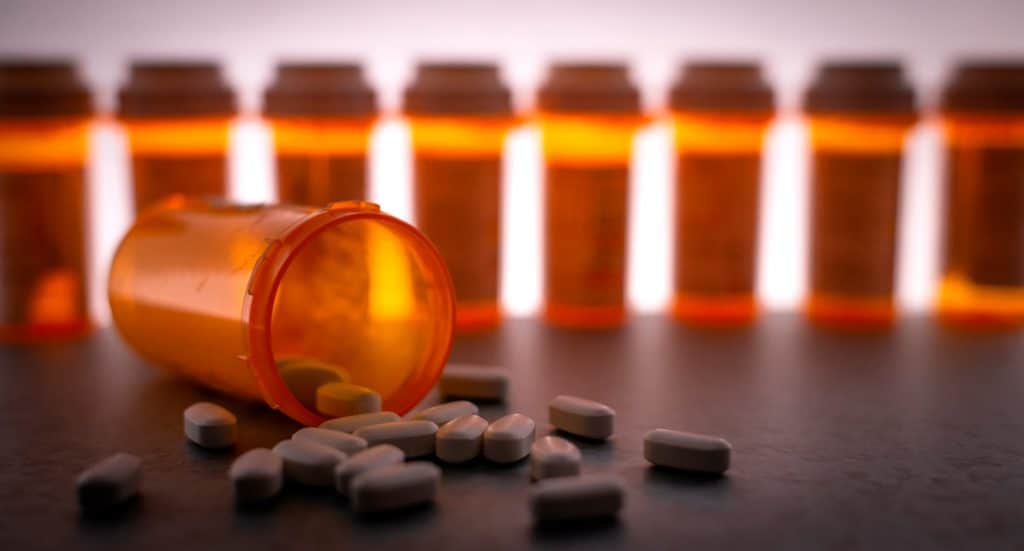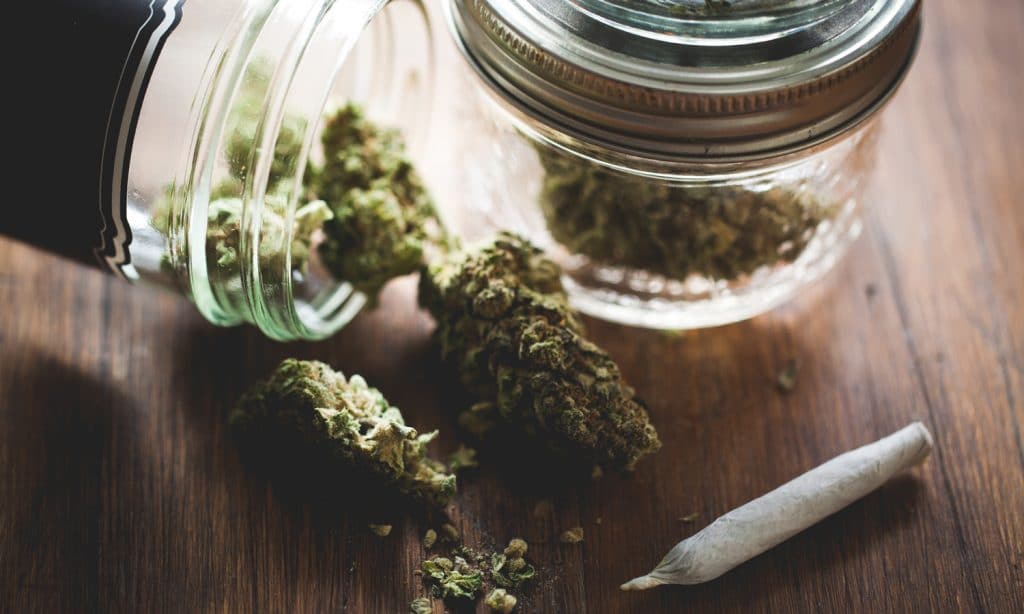Despite strides in legalization and de-stigmatization, many Americans still perceive cannabis as a gateway drug to harder, more dangerous substances.
The coronavirus pandemic, despite our best efforts, has brought out the worst in some of us. Coping with the loss of jobs, family, friends and life’s day-to-day activities has led to an increase in unhealthy behaviors across demographics, including alcohol consumption, illicit drug use and mental health emergencies.
Of the substances that many Americans (and Canadians!) turned to mitigate the impact of the pandemic, cannabis and opioids were two of the most prevalent. While there has never been a reported death that could be attributed to cannabis, opioid overdose deaths increased across the country; data from the Centers of Disease Control and Prevention (CDC) indicates nearly 70,000 people overdosed on opioids in 2020, many of them involving fentanyl.

Fentanyl, like many opioids, is addicting, and developing a dependency can have fatal consequences. Thankfully, two recent studies indicate that cannabis, which is not an opioid and cannot cause hypoxia, may offer users and those with addictions relief both from their pain and their use of opioids.
Research published in the journals Cannabis and Cannabinoid Research and PLOS Medicine observed an “independent negative association between frequent cannabis use and frequent illicit opioid use,” with as many as 50% of patients using opioids for back pain were able to stop, and 31% of those who continued opioid use were able to decrease their usage.
RELATED: Science Still Confused Over Whether Marijuana Can Tame Opioid Epidemic
The study in Cannabis and Cannabinoid Research observed 61 patients out of a group of 180 who had been using opioids to help with lower back pain, for which opioids are often prescribed. A majority of them were able to gradually stop their opioid use over an average period of 6 years or reduce their dependence on opioids, though some users amongst those who did not stop using opioids actually increased their use.

Both THC and CBD have been lauded for their pain-stopping properties, but generally work better together (the “entourage effect”). Based on how the two cannabinoids interact with distinct receptors of the body’s endocannabinoid system, using a combination of the two either by inhalation or ingestion is recommended for maximum efficacy.
RELATED: Why Cannabis Is Better Than Opioids
The PLOS Medicine study reported that for some participants, using illicit drugs or misusing prescriptions for pain comes from a lack of access and education on alternative medicines, not from an affinity for a particular substance. Those using cannabis daily were more likely to self-report using it for medicinal purposes, and higher rates of cannabis use coincided with lower opioid dependence, indicating cannabis could be a positive adjunct or replacement means of relief from chronic pain and the negative side effects of opioids.
RELATED: Marijuana Won’t Solve Opioid Crisis But Could Be Part of the Solution
Despite strides in legalization and de-stigmatization, many Americans still perceive cannabis as a gateway drug to harder, more dangerous substances. While both studies are promising, both indicate a need for additional research and funding to determine the long-term implications of cannabis use for opioid users.
As more states and countries decriminalize cannabis and make it more accessible to both procure and study, we are only scratching the surface of its full potential.


